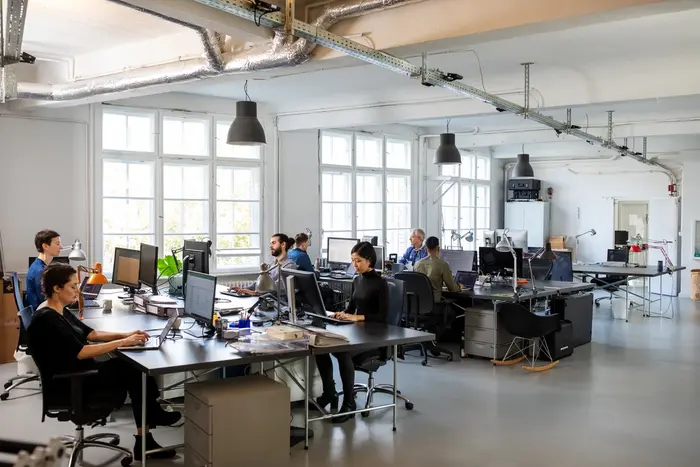My Discipline Will Beat Your Intellect
meet 4-5 new entrepreneurs every week as part of my office hours on Go-to-market help for young startups. Most are based in Bangalore, but surprisingly some are from other parts of the world (Chennai, Singapore and Estonia, even, via Skype).
I have an observation about work ethic that I wanted to highlight among startup entrepreneurs from various parts of the world.
Most every entrepreneur will tell you they work extremely long hours. That’s par for the course. Some “older” entrepreneurs (usually over 35 years of age) will share their ability to “strike a balance” between work and life. Practically speaking (I hate to break this to them) that does not exist in a startup. If you have that balance, you are not serious enough about your startup.
I understand they have families and kids, but I have come to the realization that both smart work and hard work are necessary (but not sufficient) to run a successful startup.
For purposes of this post lets define success as a company that’s growing significantly and rapidly, but does not have an exit yet.
The difference between a rapidly growing startup and one that’s growing “well” is productive (smart) hard work, not just long hours.
If you mistake activity (# of lines of code, # of code check-ins, # of customer discussions) with progress (shipping product, usable and must-have features, or # of active users) then you are just doing long hours.
If you mistake milestones (funding secured, new employee hired) for achievement (# of paying customers, churn rate of existing customers) then you are just doing smart hours.
What then makes smart and hard work such a potent combination? And what really is “smart work”? And how many hours make up “hard work”?
I define “smart work” as a combination of 3 things – asking the “right questions“, having a plan and maximizing the number of experiments in unit time.
I define “hard work” as the most amount of productive work time, with limited to no distractions and ability to do it consistently, for years (not bursts of weeks, not months and certainly not just for a few hours).
Lets look at both smart and hard in detail. Smart, first.
The smartest people I know have learned the art and science of asking the right questions. They usually start with asking a lot of questions, and having literally, no or very few answers. Each answer leads them to more questions. Asking the “right questions” is what they derive from experience.They have assumptions that need validation, hypothesis that need testing and results that need to be measured.
They are also willing to conduct a maximum of 2-3 experiments and have a DIY (Do it yourself) approach towards conducting those experiments to see if their assumptions and hypothesis were valid.
Finally they have a plan to approach their experiments. Not just a “lets try this and if not lets try that”. They rarely “wing it”.
Its very easy to spot smart teams. They have a sense and measurement of what “Continuous Visible Productivity” is. They come to me with a list of 2-3 questions that they want to address in a meeting. They dont just come to the meeting and pick up the whiteboard and start to “brainstorm”.
Now lets look at teams that work hard.
Hard working teams dont ever mention “how many hours they did put in last week or yesterday or that they hardly got “any sleep”. They realize and are aware of their physical limitations and are usually well within those limitations. Rarely do I hear from them “We work the hardest of all the teams” or “We have not slept for 2 days”. They keep looking for time they can cut away from unproductive work to do more questioning, experimenting and planning. In other words they dont brag about their long hours. They assume its a given.
Hardworking teams also tend to compartmentalize very well. Some people call this “bucketing” or “chunking”. Just because they work hard, does not mean they dont give their brains a rest and goof off for a while. Rather, they “compartmentalize” their goofing off or exercising to derive the benefits of a relaxed mind and body.
Finally hardworking teams are consistent. They show up day after day, week after week and go through questioning, experimenting and planning with rigor and consistency.
I realize a that being smart at work and working hard as I have laid out is extremely difficult. In fact its rare. That’s why successful startups are rare as I already mentioned in many articles in Bestengagingcommunities.
The combination is what I call startup discipline. Which is why I firmly believe one startups discipline will beat another’s pure intellect (given that hard work is assumed) any day.






